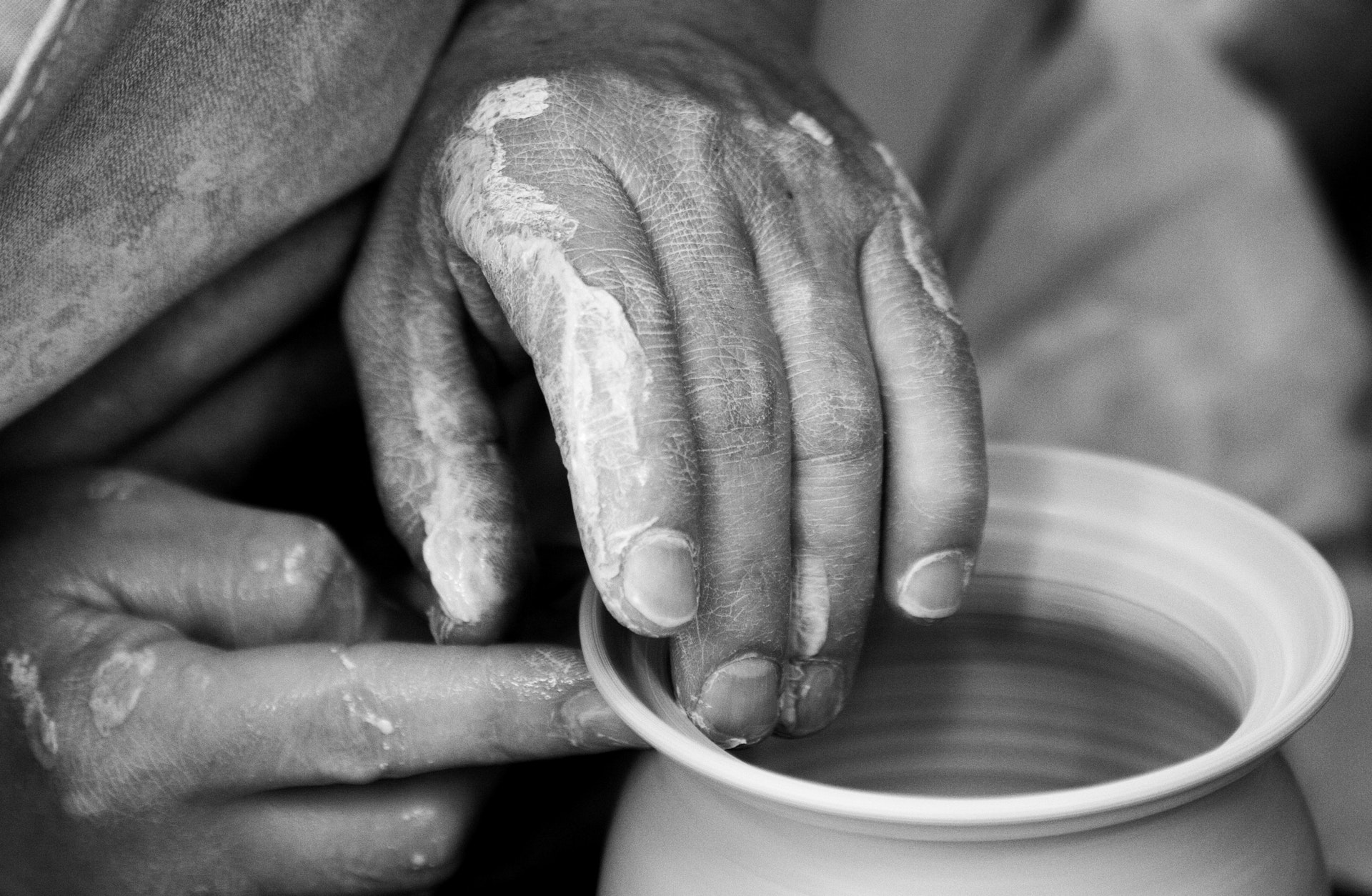The old joke goes something like this:
A man was speaking to God and he asked him, “God is it true that to you a thousand years are a minute?”
“That’s true,” God replied.
“And is it true that to you $1,000,000 is like a penny?”
“That’s true,” God said.
“Well, you see I’m a poor man and I was wondering if you could give me a penny,” asked the man.
“Sure,” said God, “give me a minute.”
While it may not be the world’s greatest flash of humor, it makes the point: God’s time and timing is different than ours, as we’re told in the Scripture: “But do not forget this one thing, dear friends: With the Lord a day is like a thousand years, and a thousand years are like a day.” (2 Peter 3.8 NIV)
While this can be a comforting truth when we’re aching over the unresolved pains of the world, it can be a frustrating reality when we’re waiting for God to do something in our lives, or to make us into the person we want to be but aren’t yet, or bring peace to a fraught circumstance, or answer deep questions and longings.
When I find myself in a difficult, unresolved situation, or I’m working on questions that I don’t yet have the answers to, or on an area of spiritual growth but don’t yet see the fruit, I’m encouraged by the wisdom of Fr. Pierre Teilhard de Chardin, SJ (1881-1955). Born and raised in France, Teilhard lived a varied, earnest, and passionate life, including many years digging in the dirt in China. He was a priest, paleontologist, philosopher, theologian, scientist, and mystic, exploring the relationship between humanity, all matter, Christ, and the universe, seeking to articulate a unified vision of all things.
These words were written to a young man he was mentoring who was going through a difficult season, and while more of a letter, it’s sometimes called “The Prayer of Patient Trust.” In times when we don’t understand everything going on in or around us, and we’d like to get where we’re going right now, Teilhard encourages us to wait patiently for God, trusting that he is at work even if it feels awfully slow to us.
Above all, trust in the slow work of God.
We are quite naturally impatient in everything to reach the end without delay.
We should like to skip the intermediate stages.
We are impatient of being on the way to something unknown, something new.=And yet it is the law of all progress
that it is made by passing through some stages of instability—
and that it may take a very long time.And so I think it is with you;
your ideas mature gradually—let them grow,
let them shape themselves, without undue haste.
Don’t try to force them on,
as though you could be today what time
(that is to say, grace and circumstances acting on your own good will)
will make of you tomorrow.Only God could say what this new spirit
gradually forming within you will be.
Give Our Lord the benefit of believing
that his hand is leading you,
and accept the anxiety of feeling yourself
in suspense and incomplete.

I recall the words of Isaiah 64:8, “O Lord, you are our Father; we are the clay, and you are our potter; we are all the work of your hand.” There’s something beautiful about seeing ourselves as wet clay, being held and formed by the loving hands of the Father, our God, who is always at work. The clay does not demand of the potter to know what shape it will eventually take. It lets itself be acted on. The clay does not determine how long its formation will take. It waits until the shaping is done.
What an invitation, when we’re not yet where we want to be, to “give our Lord the benefit of believing his hand is leading you.” What a comfort to be given permission to “accept the anxiety of feeling yourself in suspense and incomplete.”
Several years ago, I took my hands off my own spiritual formation. Trusting that God is doing his work in his time in his way (while keeping up with my spiritual disciplines), I decided I didn’t actually know who I was supposed to be. I had romanticized, idealized ideas of who I thought I should be, but is that what God wanted or what God was doing? Was that who God made me to be and was making me into? I decided I would (not forsaking the virtues) do the best with what I had and knew, and both trust and let God form me according to his wisdom, gentle hand, and skill, through God’s “grace plus circumstances acting upon my own good will.”
Sometimes I wish his touch was gentler and circumstances easier, but no matter what comes, I can trust that God is using it to both form and lead me. I can trust that “slow work of God.” I can trust God’s promise through Paul in Philippians 1:6, “That he who began a good work in you will bring it to completion at the day of Jesus Christ.”
So, friends, what questions aren’t answered yet?
What situations aren’t resolved?
What destination remains unclear?
Can we patiently trust God in the midst?
Can we trade anxiety for anticipation at how God is shaping us through the very things that trouble us?
A prayer I pray often, especially in harder times is this: “God, whatever you’re doing…do it!” And he does, in his time. And God’s time is always perfect even if I might have liked it a little (or a lot!) sooner.
On the Journey,

PS: A man ahead of his times, Teilhard de Chardin’s faith was very deep and his vision very broad (literally universal and atomic in scope). While popular, his ideas are easily misunderstood and abused. As such, in 1962 the Roman Catholic Church put monitum, a warning (different than a prohibition), on some of his writings. Yet because of positive references by Popes Paul VI, John Paul the Great, Benedict XVI, and Francis, there is now a formal movement to have those warnings rescinded. If you read Teilhard, I encourage you to do so both deeply and carefully, to see both what he’s saying and not saying.
I’ll always be grateful for his poetic claim that Tara and I printed out and gave to guests at our wedding, “Someday, after mastering the winds, the waves, the tides and gravity, we shall harness for God the energies of love, and then, for a second time in the history of the world, man will have discovered fire.”
His Hymn of the Universe, if dense, is utterly stirring as a poetic offering of love to Christ, particularly “The Mass on the World.”
